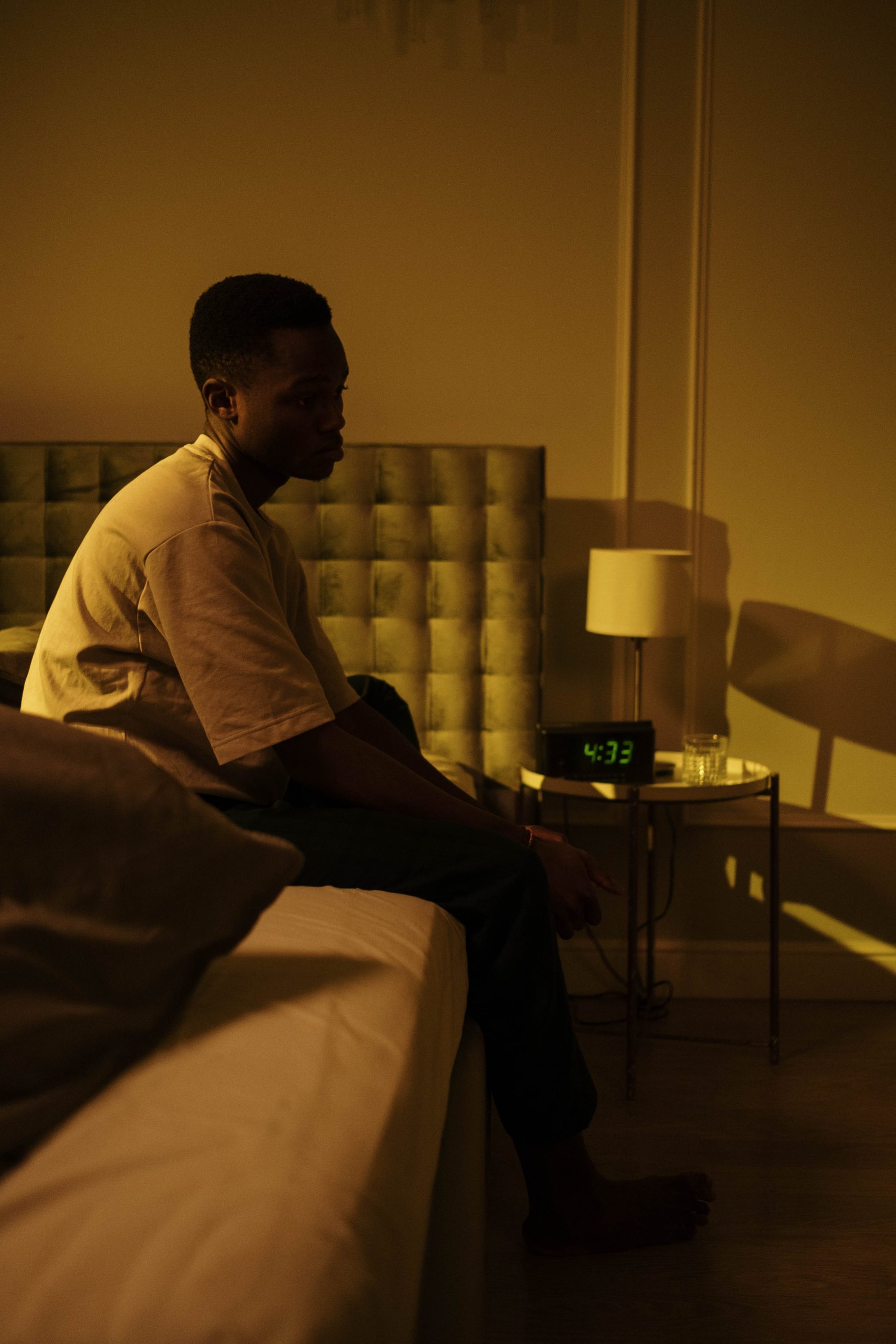We are a virtual clinic licensed in Texas, New York, California, Washington, New Mexico, and Iowa, offering comprehensive treatment for sleep disorders.
A sleep disorder refers to any condition that disrupts the normal sleep pattern, impacting the ability to fall asleep, stay asleep, or experience restorative sleep. These disorders can manifest in various ways, ranging from difficulty initiating or maintaining sleep to abnormal behaviors during sleep.

Sleep disorders are conditions that interfere with normal sleep cycles and prevent you from getting the rest your body and mind need. They can occur on their own or alongside mental health conditions such as anxiety, depression, or PTSD. Common types of sleep disorders include insomnia, hypersomnia, restless leg syndrome, and circadian rhythm disorders. Symptoms may be occasional or chronic, but when sleep problems persist, professional support can make a meaningful difference in both physical and mental health.
Sleep disorder symptoms can vary depending on the type, but may include:
If these symptoms occur regularly and impact your daily functioning, it may be time for an expert evaluation.
Our virtual diagnosis process begins with a detailed evaluation of your sleep habits, daily routines, lifestyle factors, and medical history. We use structured sleep assessments and screening tools to identify the type and cause of your sleep issues. If necessary, we may recommend lab testing to rule out related conditions or refer you for a sleep study. Our goal is to get a clear picture of your sleep challenges so we can build a plan that leads to long-term improvement.
At Polished Mind Psychiatry, we take a personalized approach to treating sleep disorders by identifying root causes and tailoring care to your unique needs. We aim to restore healthy sleep so you can feel more focused, energetic, and emotionally balanced throughout the day.
Your customized treatment plan may include:
Quality sleep is essential to mental and physical health. Our experienced team is here to help you reclaim rest and wake up feeling restored.
For individuals whose sleep issues may be linked to anxiety, depression, or other mental health conditions, GeneSight testing can offer valuable insight. This genetic test helps identify which psychiatric medications may work best for your body, reducing side effects and helping you get more restful sleep as part of your overall care plan.